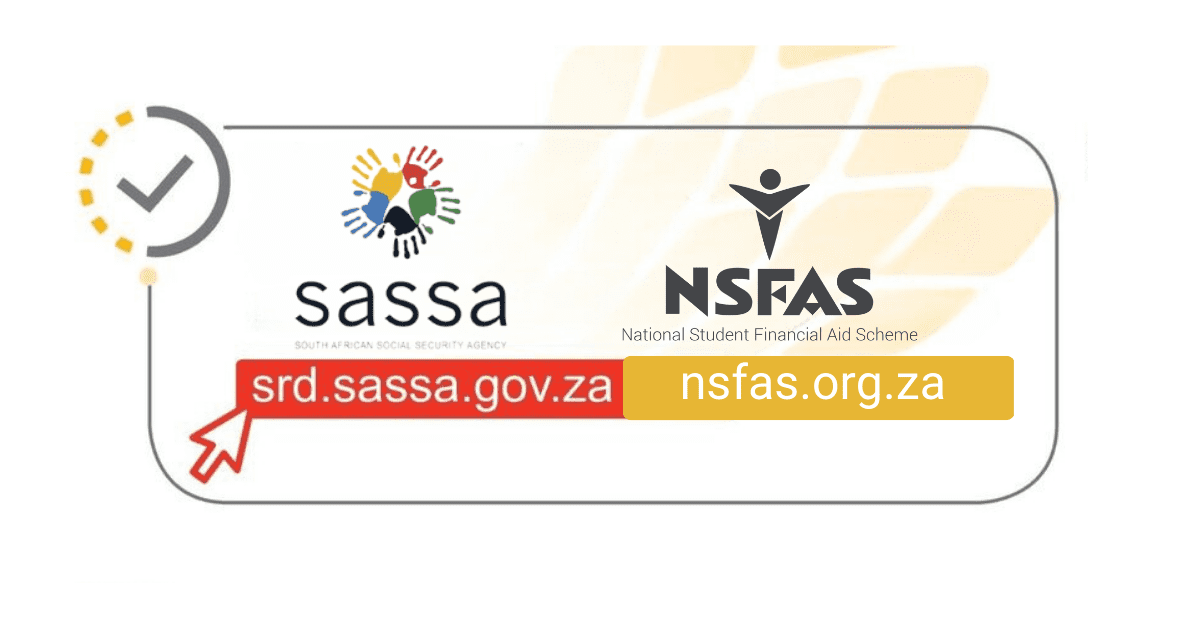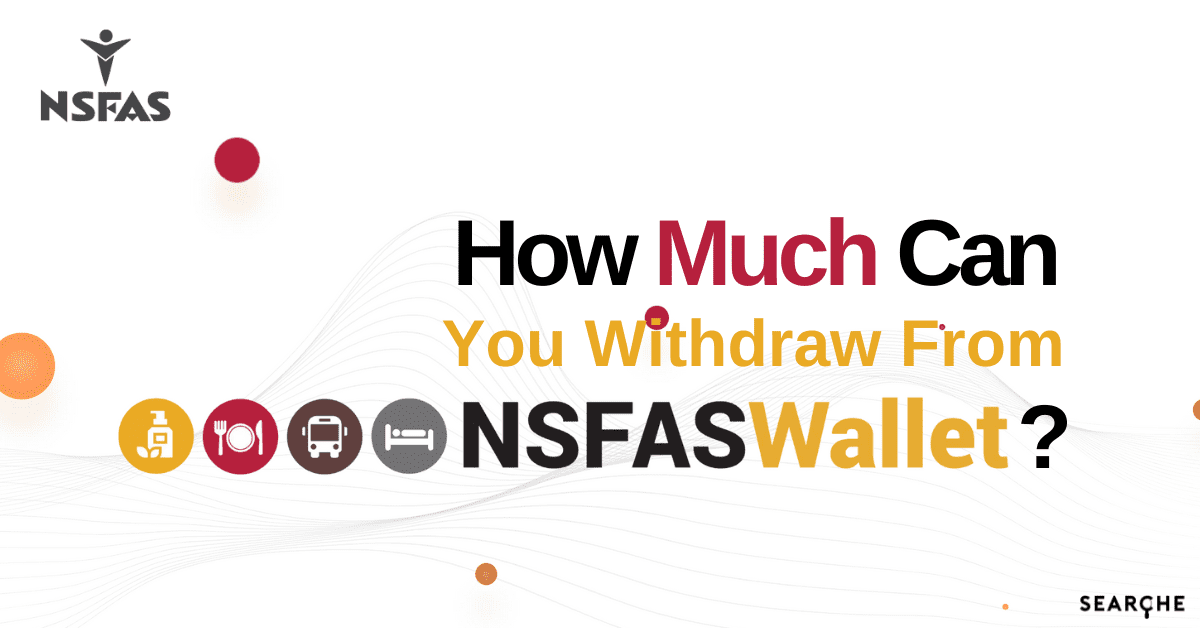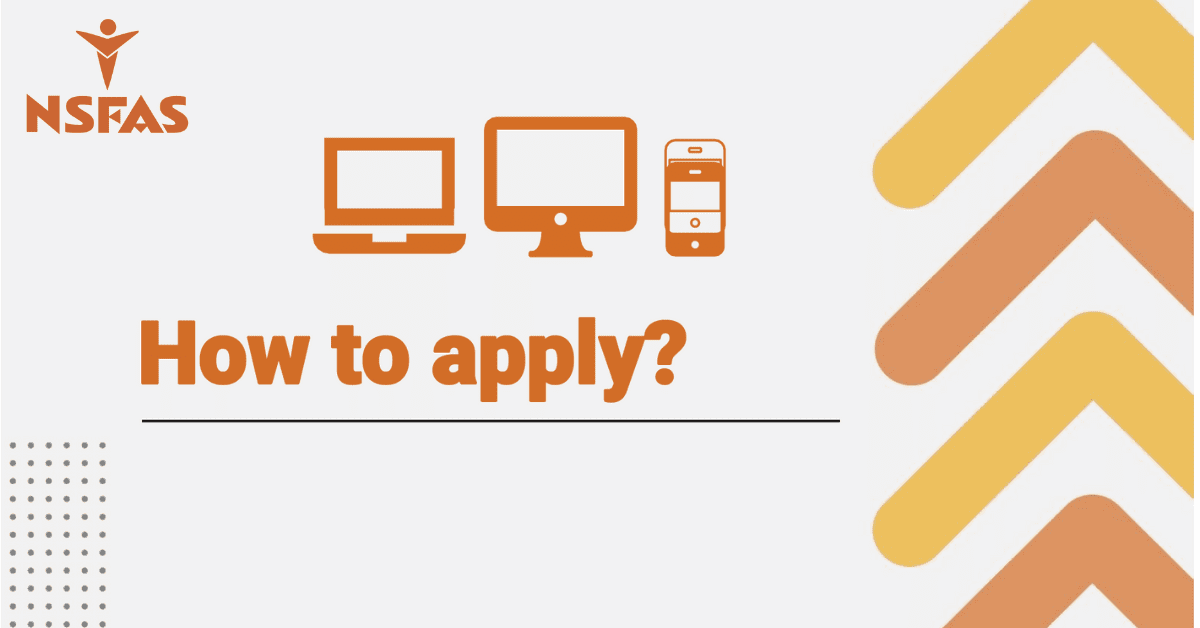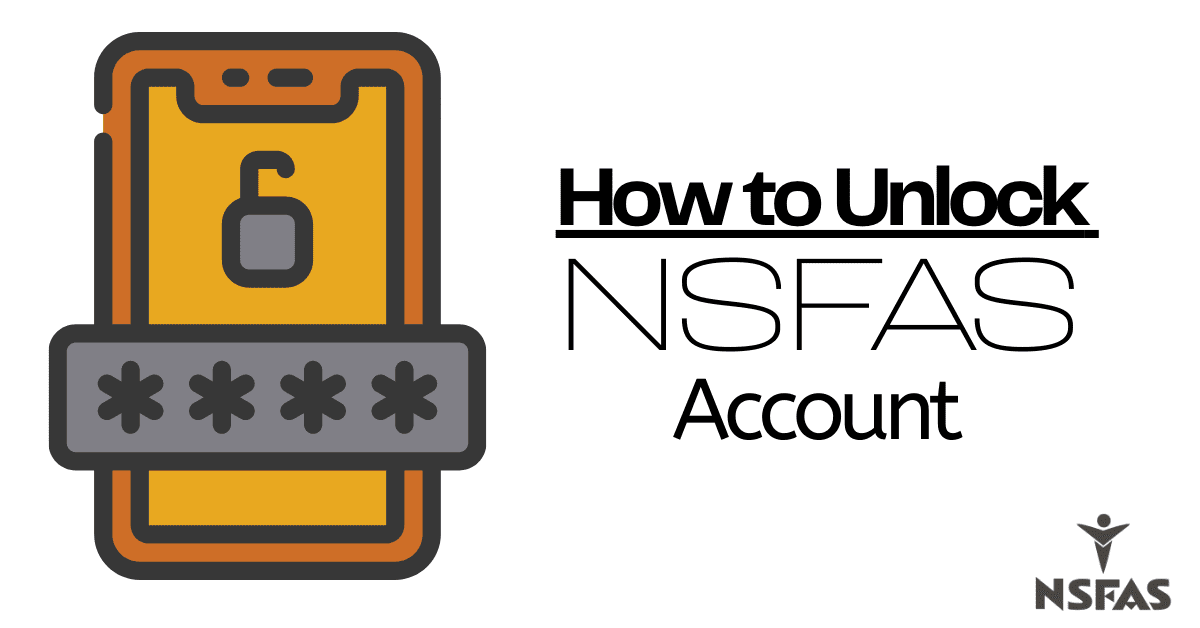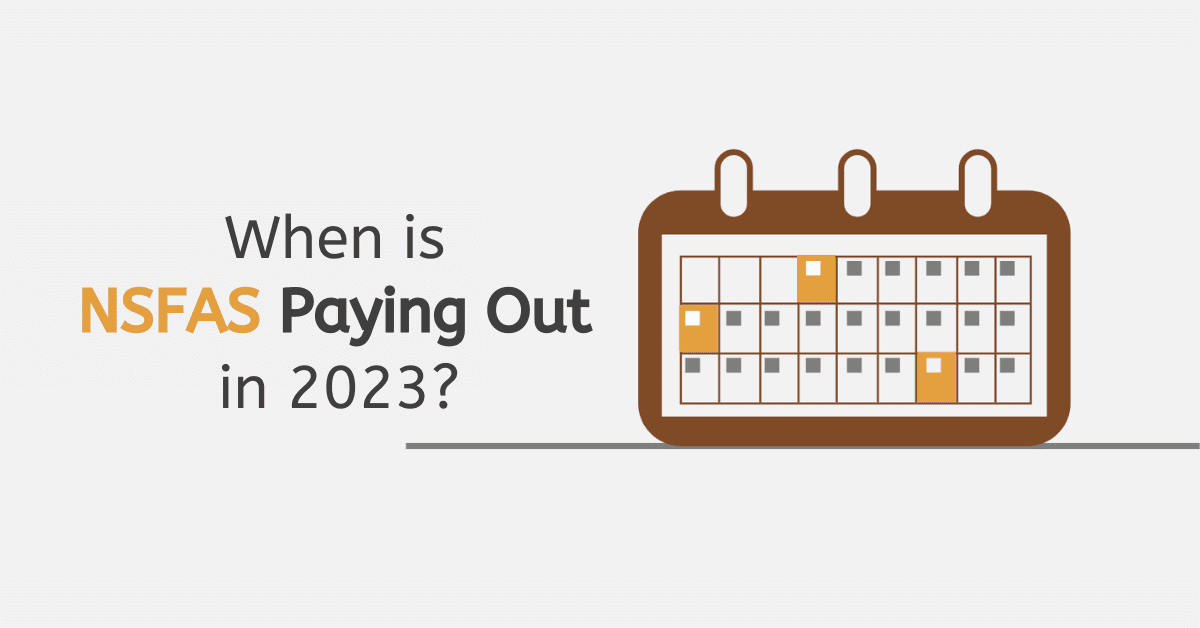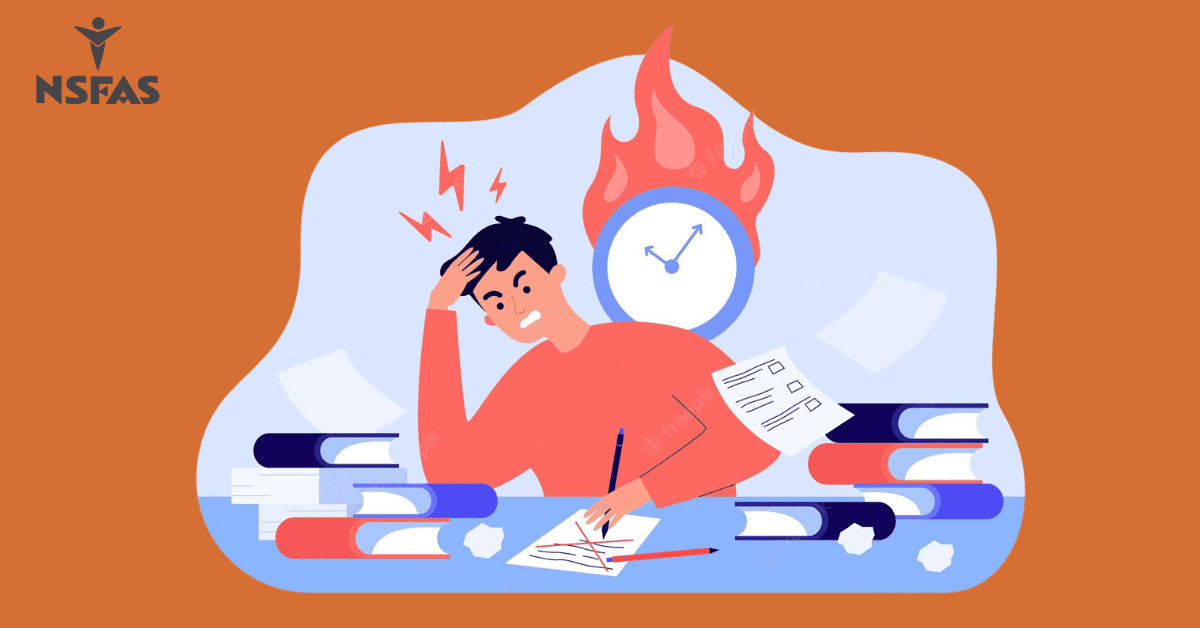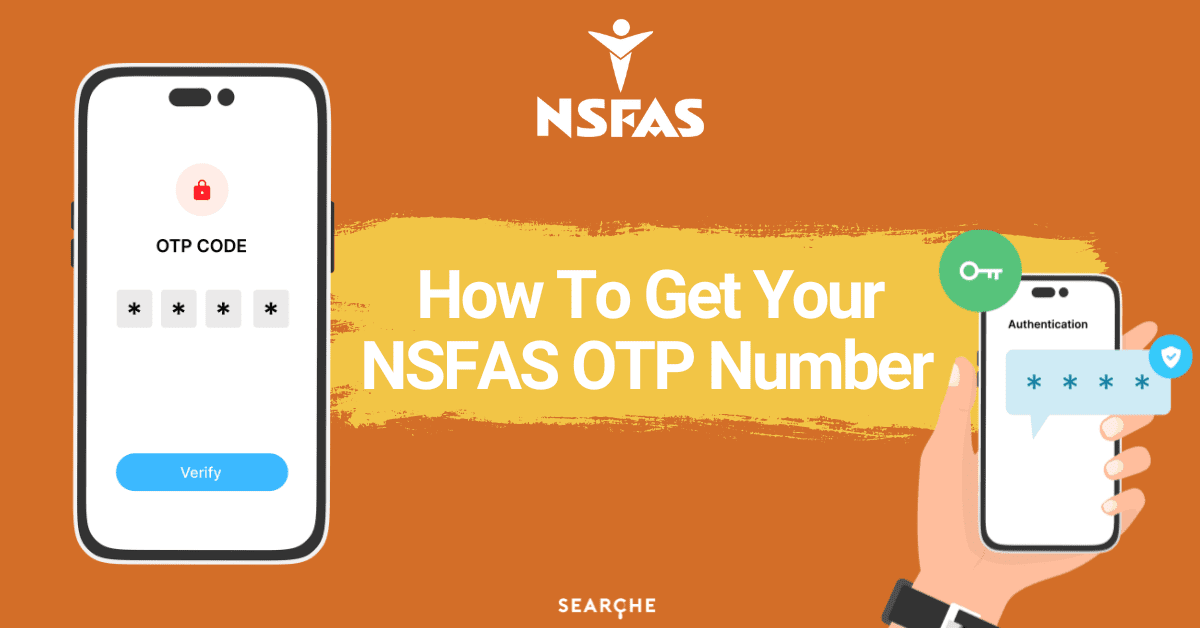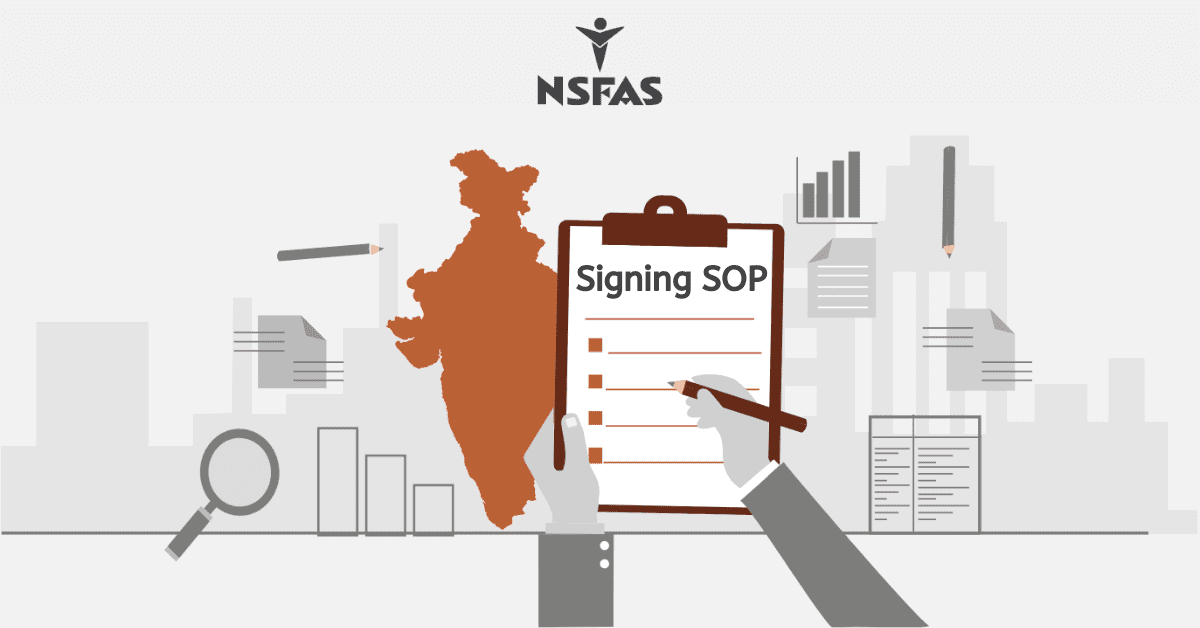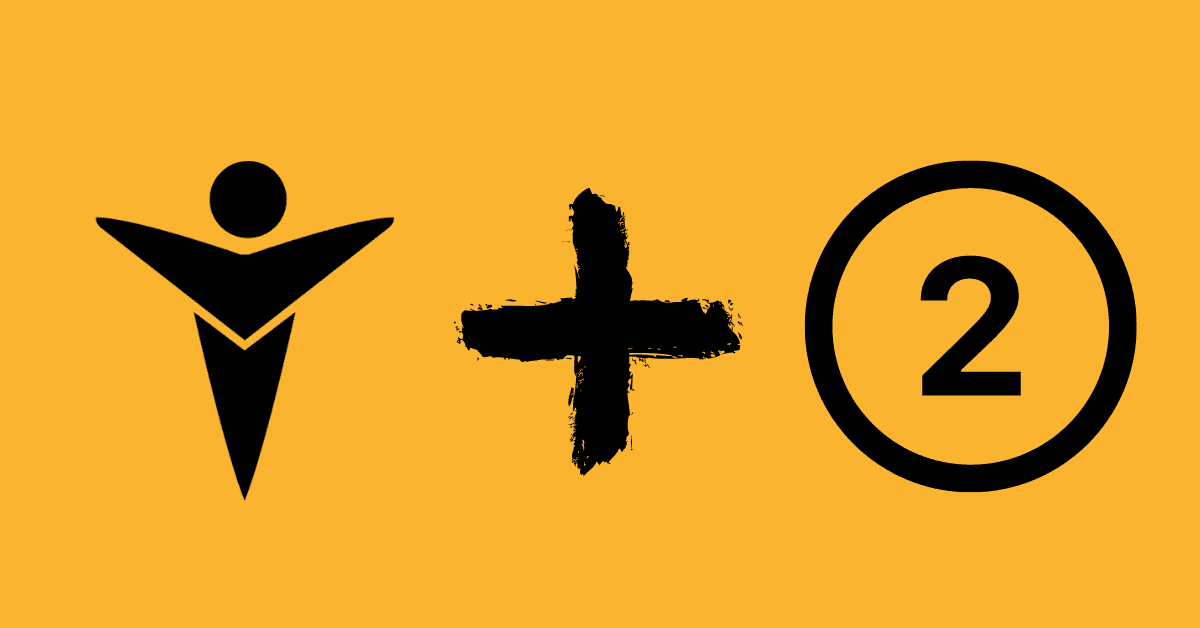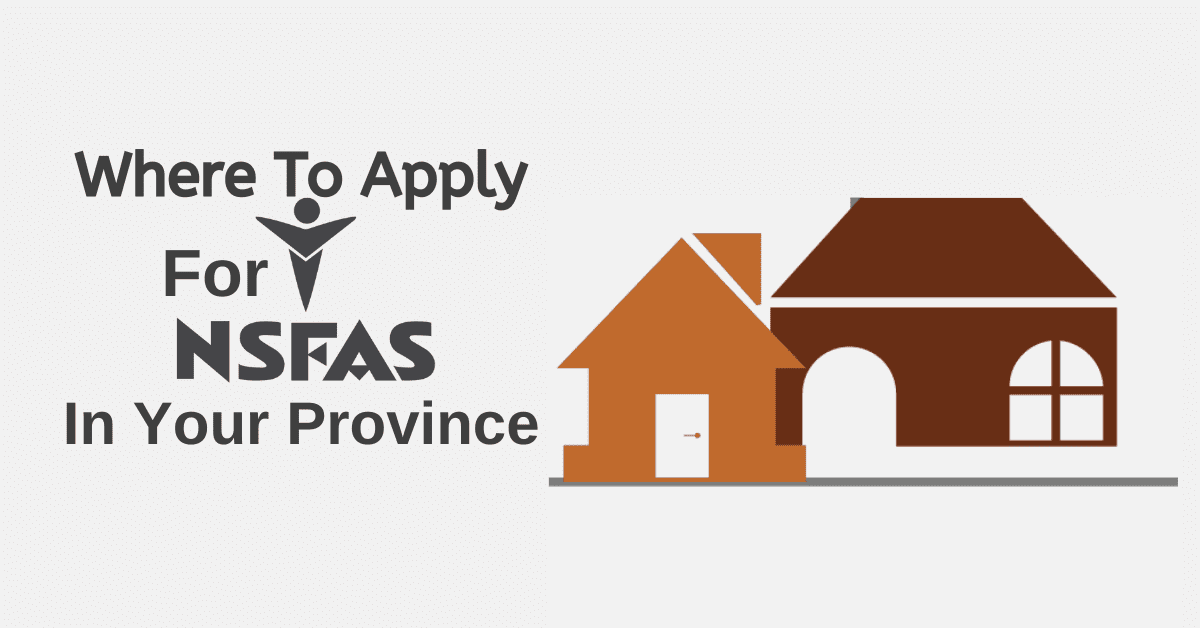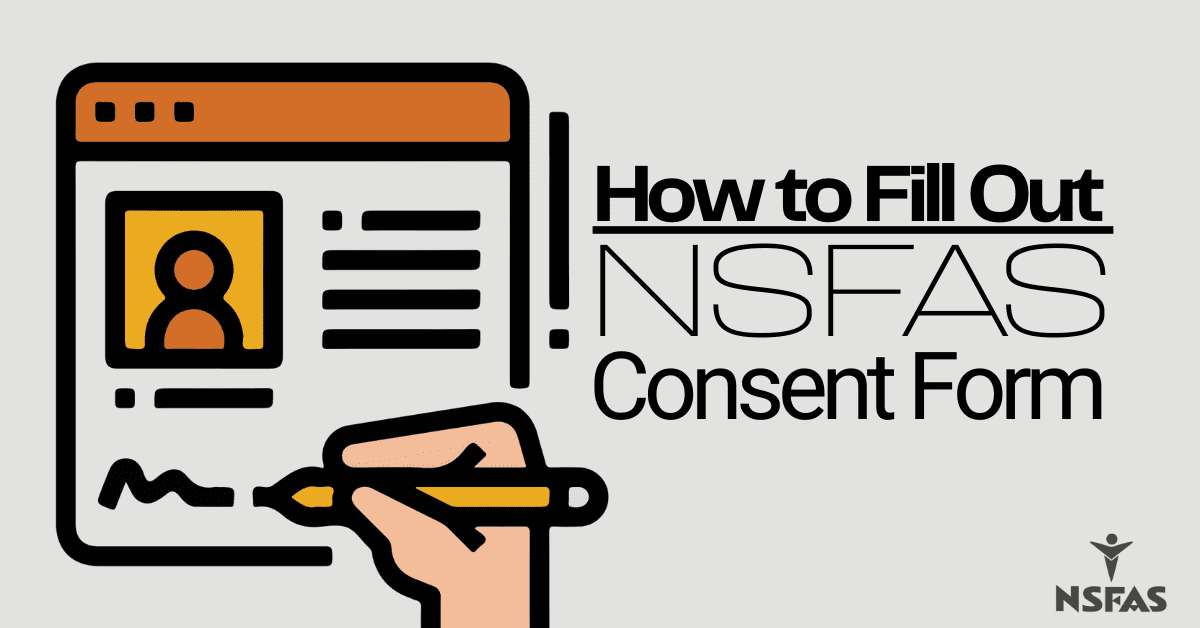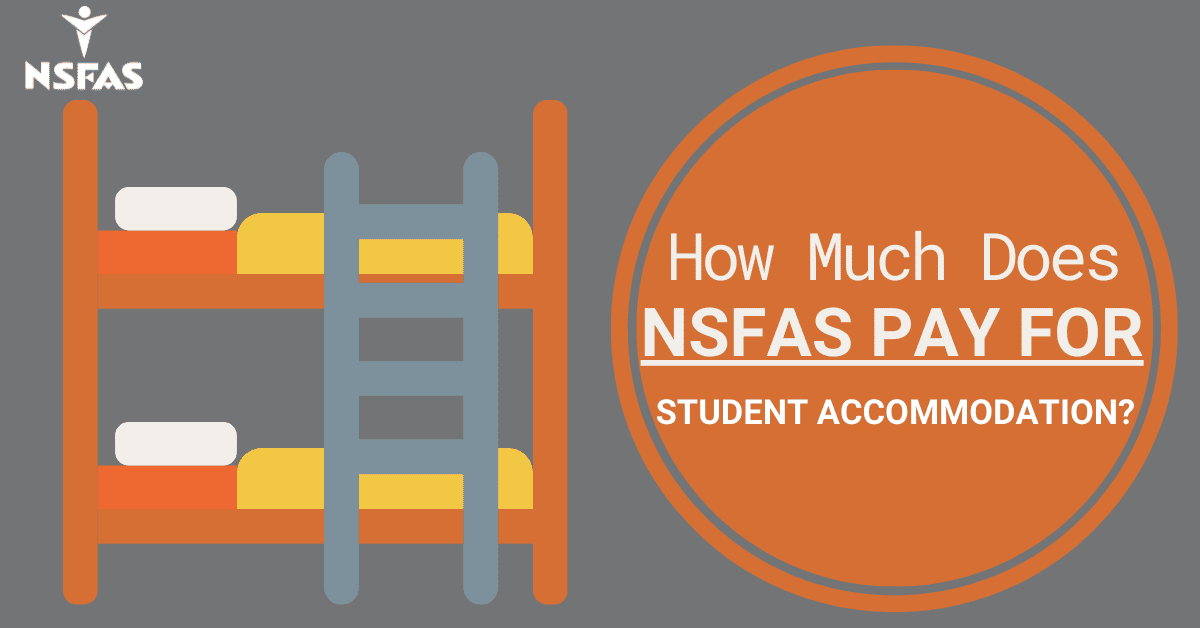A critical part of your NSFAS application process will be proving you can pass the household income eligibility criteria. Part of this will mean disclosing the IDs and incomes of everyone in your household, whether or not they are actually working. Typically, this would be your biological or adoptive parents. However, if your parents have passed away or are otherwise legitimately out of the picture, they will instead need to see these documents for your legal guardian. Proving who is your legal guardian to NSFAS’s satisfaction can be a difficult and stringent process, as it is commonly used by scammers as a way to hide their actual financial circumstances. Additionally, South Africa is rife with issues like informal guardianship and child-led households. If you find yourself in this unfortunate circumstance, here’s what you can do to help your NSFAS application proceed as seamlessly as possible.
What Is Proof Of Legal Guardianship For NSFAS?
The only proof of legal guardianship that NSFAS will easily accept is the following:
- An official court-ordered guardianship document demonstrating who is responsible for your care, or
- An official court document that proves you are independent of your biological parents’ finances
As the standard affidavits you can write at the police station are open to abuse, they will not accept this form of affidavit as proof of legal guardianship. If you do not have one of these two documents, your other alternative will be to provide either a Vulnerable Child declaration or a non-SASSA declaration signed by an independent party like a social worker. You will also need to provide exhaustive proofs alongside these declarations. Both of these can be downloaded from the NSFAS website. If you find yourself in this difficult situation, you may want to consult with a SASSA officer or NSFAS as to your options.
How Do I Write An Affidavit For NSFAS As A Guardian?
It is important to realize that NSFAS does not accept standard affidavits as proof of legal guardianship. If you have seen advice to go to a police station and create an affidavit there, know that it will be rejected by NSFAS. Instead, they require one of two potential options:
- A completed Non-SASSA declaration form signed by a registered social worker or whatever guardian figure is in your life- you may want to discuss the exact specifics of your situation further with NSFAS to get tailored advice on this matter as informal guardianships are rarely recognised, especially if your parents are still living.
- The better option, which is the official court-ordered guardianship document which was given to your guardian figure by a South African court when they took over your care. This offers indisputable proof that you are the student’s official and accepted guardian under South African law.
While it is a slightly different circumstance, if a court has declared you officially independent of your parents’ finances, that court order will also be accepted by NSFAS.
How Much Must Your Guardian Earn To Qualify For NSFAS?
NSFAS does not have a minimum earning qualification, so it doesn’t matter if your guardian isn’t working at all as long as they are officially acceptable as the person responsible for your care. Instead, it is important to understand that NSFAS has a financial qualification ceiling that considers the income of all household members, not just the guardian and student. In 2026, the maximum gross income your household can earn and still qualify for NSFAS is R350,000 unless the student has a recognised disability, in which case the cap is R600,000.
Can You Apply For NSFAS Without a Guardian?
You can apply for NSFAS without a parent or legal guardian if you genuinely do not have one. If you have been released from parental control by a court, you will simply provide those documents. However, many applicants deliberately try to hide information about their parents in order to bypass the cap on gross household income, so this is often a very tricky situation, and it risks automatic rejection.
You will need stringent proof as to why you do not have at least a legal guardian and will need to prove that your parents are deceased or otherwise absent or that you are part of a child-led household via independent verification from an accepted figure. Typically this is done either through a Vulnerable Child or Non-SASSA declaration from NSFAS signed by a registered social worker or other person (teachers are sometimes accepted) demonstrating that you are, indeed, an orphan without a guardian figure.
If you receive a SASSA grant already, you may not need to do this, however, as receiving a SASSA grant means you automatically pass the NSFAS household income checks and they should have full access to all your details on the SASSA system.
Proof of guardianship for NSFAS can be a difficult matter to resolve, so the more independent or court-ordered proof you can accumulate, the better the chances of a successful application.
